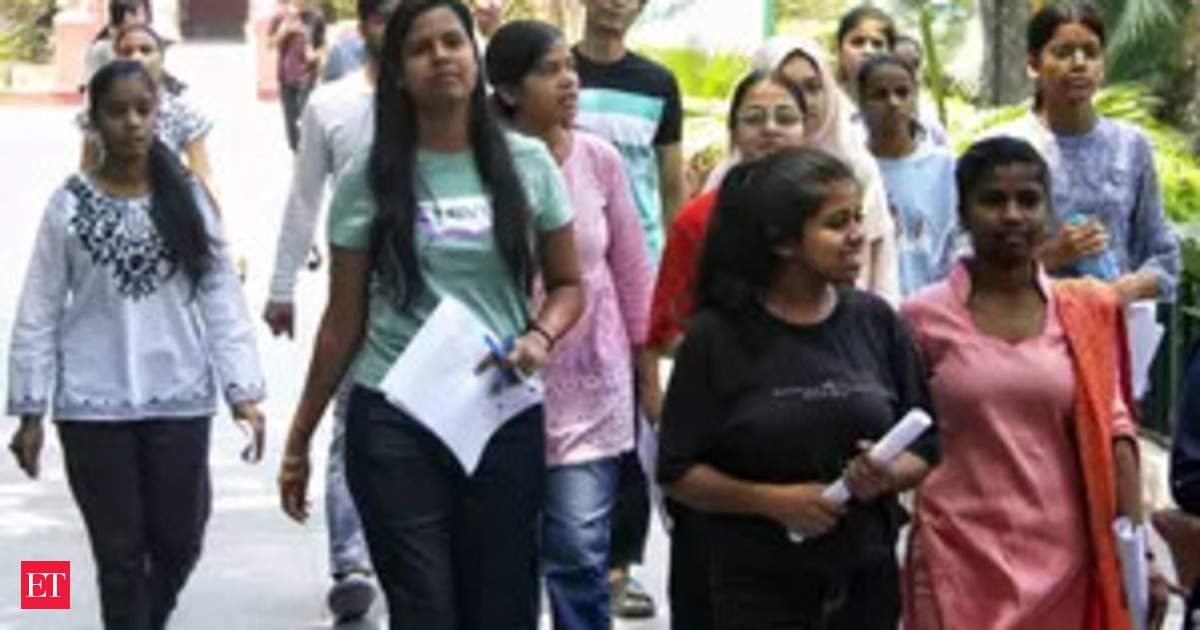The first-of-its-kind all-India exclusive ‘Ayush’ survey was conducted by the National Sample Survey Office (NSSO) between July 2022 and June 2023 as part of the 79th National Sample Survey (NSS), according to an official statement.
The survey covered the entire country except for a few hard-to-reach villages in the Andaman and Nicobar Islands, the statement said.
Information was collected from 181,298 households, including 104,195 rural and 77,103 urban households.
According to the survey, around 95% of rural respondents and 96% of urban respondents are aware of Ayush.
In about 85% of rural and 86% of urban households, at least one member knows about medicinal plants, home remedies, local health practices and folk remedies. Ayurveda is the most commonly used system for treatment in both rural and urban areas. Ayurveda is primarily used for rejuvenation and preventive measures.
Additionally, the survey also collected information on household expenditure on treatment using the Ayush health system.
The Ayush survey used a stratified multistage sampling design, with villages in rural areas and Urban Frame Survey (UFS) blocks in urban areas, or subunits (SUs) of villages or UFS blocks, considered as first-stage units (FSUs).
The final stage units (USUs) were households from both sectors.Simple random sampling (SRSWOR) was used for selection of FSUs and households from selected FSUs.
Use of Ayush system of medicines refers to the use/adoption of one or more of the following systems: Ayurveda, Yoga, Unani, Siddha, Sowa Rigpa and Homeopathy for the treatment/cure of an illness/disease or prevention of an illness/disease, on the advice of a doctor/instructor.
This also includes home remedies/self-medication/self-treatment used by family members who are aware of the preventive or beneficial effects of the treatment/medication.

